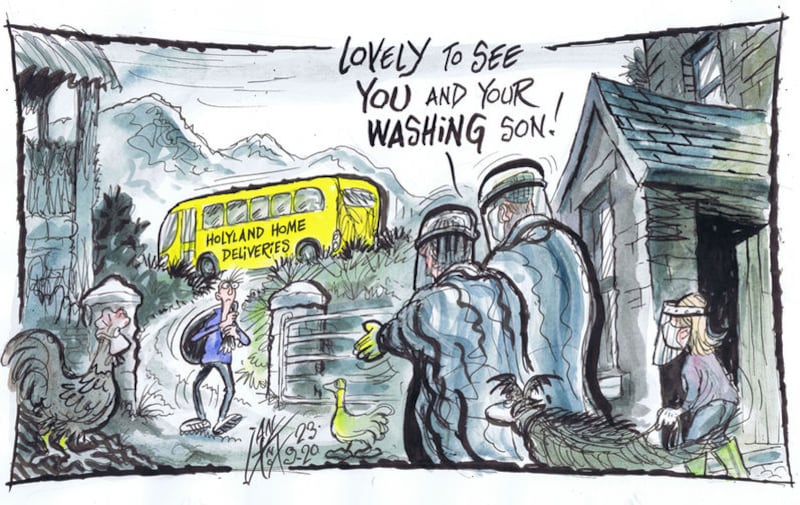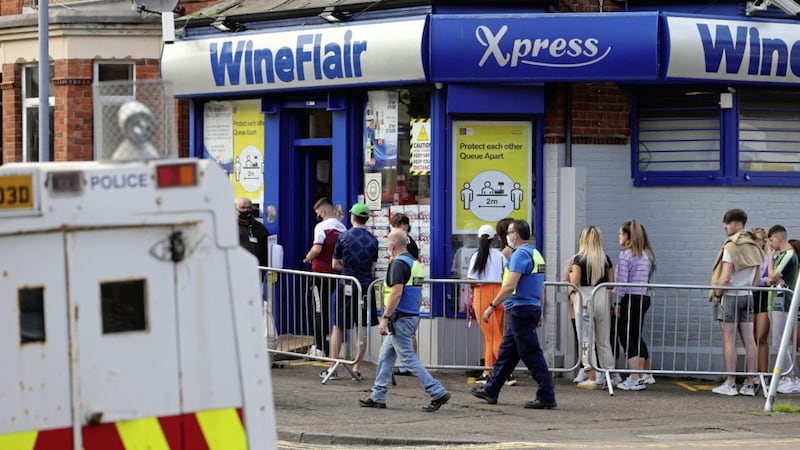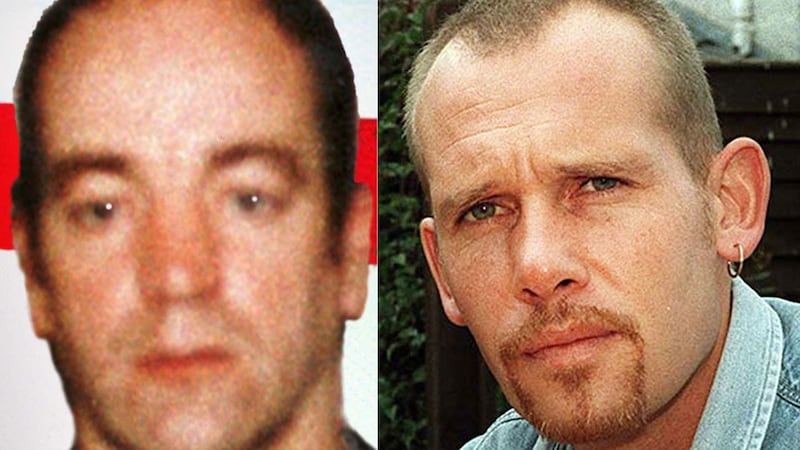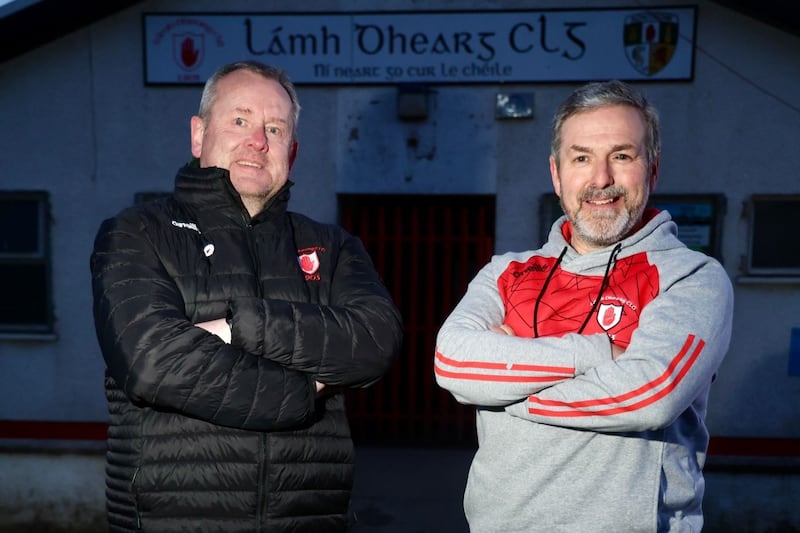COMPLAINTS over anti-social behaviour in the Holylands area of south Belfast have become an annual feature in the news cycle.
For many years long-term residents have complained of rubbish, late-night noise, house parties and street-drinking when students populate the neighbourhood during the academic year.
The issues show no signs of abating. In 2019, anti-social behaviour complaints topped more than 1,400 – outstripping figures for each of the previous six years.
Concerns have been exacerbated this time by the Covid-19 pandemic, with complaints over crowds gathering in breach of restrictions.
The problems seem intractable, but can they be resolved?
Long-term resident Ben McClelland said he could "probably run a seminar" on the Holylands.
He said the main issue is an oversaturation of Houses of Multiple Occupancy (HMOs) – rental accommodation used by three or more people from more than two households.

While the council set a cap on HMOs at 30 per cent for the area, the Holylands has well in excess of this. A recent report said it stood at 64 per cent, but residents believe the figure is much higher.
Read More: Football tops 'sectarian' claims Belfast Holylands report
Developers have also been able to bypass this policy by sub-dividing houses into flats, packing in the same number of tenants as a HMO.
"The Holyland needs long-term planning policies to reduce the number of HMOs, encourage more permanent residents and owner/occupiers to move in, and gradually transition back towards a shared community that's a great place for all to live in," Mr McClelland said.
As students have returned this month, police have been keen to show they are pro-actively tackling anti-social behaviour and breaches of Covid-19 restrictions, issuing almost daily updates.
However, Mr McClelland feels the council and police should be doing more, accusing them of a "hands-off containment approach".
Student representative Ellen Fearon, president of NUS-USI, agreed that the ratio of HMOs to private dwellings is "out of control" and tackling this would take "long-term investment and systemic change" from the council and Stormont.
She said there was also a need to ensure HMOs were of a good quality and rents affordable.
Ms Fearon said universities have procedures to deal with misconduct, but students should not be scapegoated.
"As with any part of society there will be people who break the rules, but we need to be very careful not to scapegoat students and young people," she said.
"Not only would this be inaccurate and unfair, it also creates a culture of mistrust, when what we actually need is to build a culture of collective care amongst students and communities during this difficult time."
The Landlords Association for Northern Ireland dismissed as "fake news" claims of overcrowding in Holylands students accommodation, saying that HMOs are licensed and regularly inspected.
A spokesman said new licences will require an approved anti-social behaviour plan.
"The future of the Holylands will be the result of an integrated approach by the various government agencies and stakeholders in that community," he added.
Student accommodation strategies have in recent years focused on the development of Purpose Built Managed Student Accommodation (PBMSA), particularly with the ongoing expansion of Ulster University's Belfast campus.
PBMSAs are developed specifically for students and centrally managed by the developer or landlord.
Belfast City Council, which in 2014 developed a strategy in light of increasing numbers of planning applications, said it hopes this "provides a wider choice for students".
However, an independent study on the Holylands earlier this year found there was little evidence to suggest there will be a large-scale movement of students out of the area towards PBSAs.
The Holyland Transition study, commissioned by Forward South Partnership, said students preferred the Holylands due to cheaper accommodation costs and the ability to live with their friends.
It offered a wide range of recommendations aimed at addressing issues. These included better enforcement by authorities; a reintroduction of CCTV; encouraging housing associations to move into the area; working with the Housing Executive to actively seek a site to build a shared housing scheme; creating incentives for landlords to move out; and a 'reserved room scheme' in which universities lease houses from landlords and sublet them to students.
However, Mr McClelland said he was unaware of any plans to implement the recommendations.
"Council will undoubtedly say that we need a 'multi-agency' response, but what the residents of the Holyland want is for someone to be accountable and take responsibility for sorting this mess out," he said.
"We have a right to quiet enjoyment of our homes, so why after begging for help for 20-plus years are we still waiting for change?"








